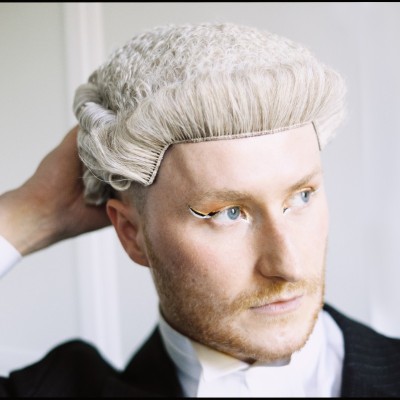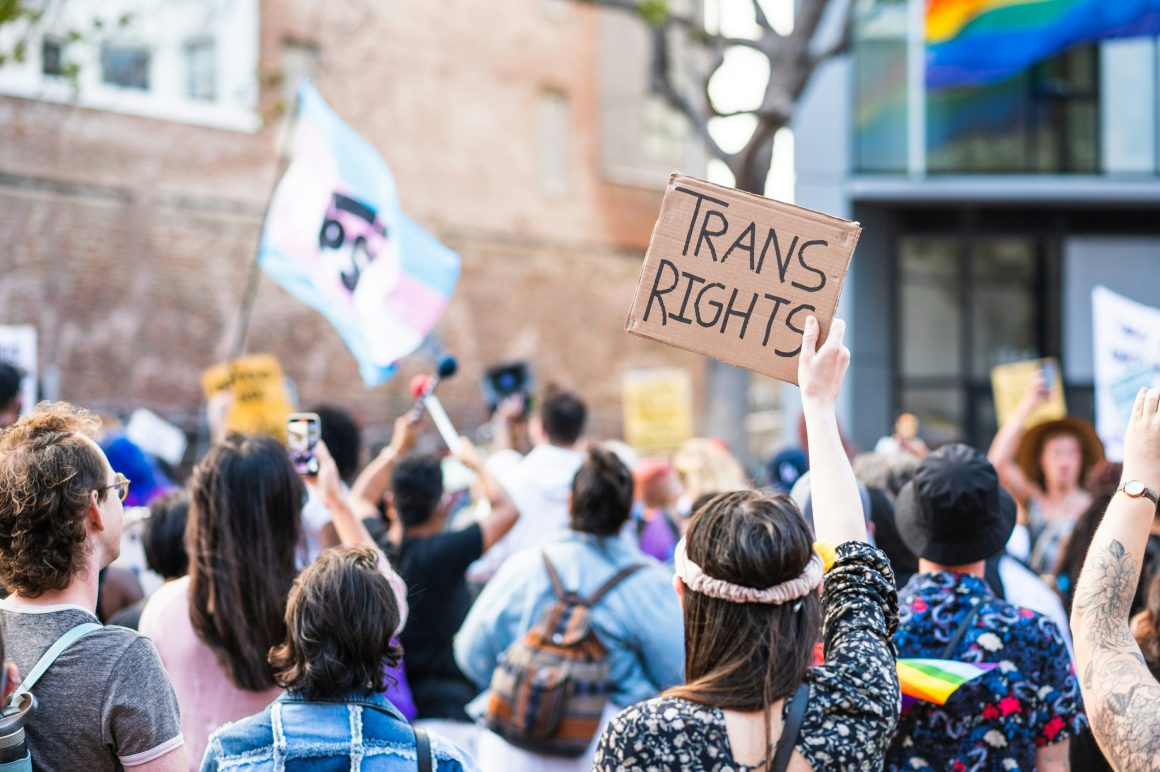
This article is a summary of the in-depth academic briefing paper written by Oscar Davies for the Discrimination Law Association, you can read the full paper here.
Chronicle Law thanks Oscar Davies for sharing this paper with us and allowing us to highlight it as part of our efforts to support Pride Month. Oscar Davies is a barrister at Garden Court Chambers and you can read their full profile here.

Oscar Davies, has argued that recent court decisions on “gender critical” beliefs have misunderstood the law, eroding trans and non-binary rights. Davies calls for a more robust legal approach to ensure beliefs that undermine trans identity are scrutinized more carefully.
What Makes a Belief Protected Under the Equality Act?
Section 10 of the Equality Act 2010 (EA) protects religious and philosophical beliefs. To qualify, a belief must meet the five Grainger criteria, the most contested of which is Grainger V. This is the belief must be “worthy of respect in a democratic society, not incompatible with human dignity, and not in conflict with the fundamental rights of others.”
Gender critical beliefs typically claim that sex is immutable and distinct from gender. Critics put forward that these views often deny the validity of trans identities and can be transphobic in effect, if not intent.
What Happened in the Forstater Case?
In Forstater v CGD Europe, Maya Forstater’s consultancy contract wasn’t renewed after she made tweets about trans people, including statements like “transwomen are men.” She claimed discrimination based on her gender critical beliefs.
Initially, the tribunal found her belief incompatible with human dignity and denied protection. However, the Employment Appeal Tribunal (EAT) overturned this, saying only beliefs akin to Nazism or totalitarianism should fail the Grainger V threshold.
Does the Forstater Ruling Lower the Bar?
In short Yes! The EAT redefined the threshold so narrowly that virtually any belief short of advocating extreme hate can qualify. This has made it easier for claimants to succeed in belief discrimination claims, even when their conduct arguably harms trans people.
Have Other Gender Critical Beliefs Been Protected?
Since Forstater, other cases have followed similar reasoning:
- Bailey v Stonewall: Belief that “a woman is defined by her sex” was protected.
- Phoenix v The Open University: The belief “sex is immutable” was protected.
- Mackereth v DWP: Initially failed Grainger V, but on appeal, the threshold was again deemed too strict.
- For Women Scotland v Scottish Ministers: the terms “sex,” “man,” and “woman” refer to biological sex, not gender identity. A Gender Recognition Certificate does not change a person’s legal sex under the Equality Act 2010. This was upheld by the UK Supreme Court.
In many cases, once the belief is protected, so too is its manifestation, such as social media posts, even when they distress trans people.
Are Tribunals Failing to Connect Beliefs and Their Impact?
A key issue is that beliefs are often considered in isolation from how they’re expressed. Davies argues tribunals must interrogate not just the surface wording like “sex is immutable” — but what it implies. For example, if a belief leads to denying legal gender recognition under the Gender Recognition Act 2004, it may infringe trans rights.
Can Gender Critical Beliefs Be Inherently Anti-Trans?
Statements like “transwomen are men” deny the very essence of trans identity. These expressions, even if framed as beliefs, can amount to harassment under the Equality Act if they result in misgendering, deadnaming, or disrespecting someone’s gender identity.
Trans rights are protected under EA s.7 and Article 8 of the European Convention on Human Rights. Gender identity, as part of personal autonomy, deserves legal respect.
Should Beliefs and Manifestations Be Considered Together?
Yes. Davies argues that belief and its manifestation should not be treated separately. Tribunals must assess whether the belief, and how it’s expressed, infringes others’ rights. Otherwise, beliefs that effectively strip trans people of dignity are too easily granted legal protection.
How Should Employers Respond?
The Lister v New College Swindon case shows a better approach. Lister’s refusal to use a student’s pronouns, along with transphobic tweets, led to dismissal. The tribunal found this response proportionate and justified a significant contrast to Forstater, where similar statements were not deemed unreasonable.
What Guidance Exists on Balancing Rights?
In Higgs v Farmor’s School, the EAT stressed the importance of proportionality when employers react to belief manifestations. The focus should be on whether the expression harms others, not just whether the belief is protected. When this case went to the Court of Appeal it was stated that proportionality was still important but it considered it was not proportionate to fire employee in the end, overturning EAT. The school has appealed to the UK Supreme Court.
What’s the Way Forward for Trans Rights?
Tribunals must ask: What is the actual belief being protected? And does it infringe on the rights of others, particularly trans and non-binary individuals? Without this deeper analysis, the legal system risks legitimizing anti-trans views under the guise of protected belief.
Protecting freedom of belief is vital, but not at the cost of undermining the identity and dignity of others. Courts must adapt their approach, urgently, to create a fairer, safer legal environment for all.
 Oscar Davies
Oscar Davies